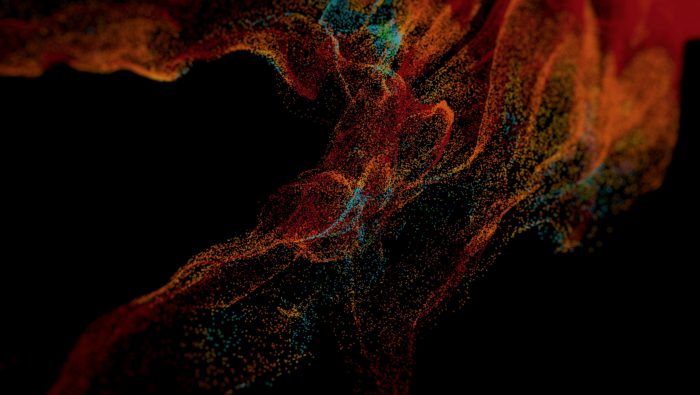
Discourse – more than the languages of law

Why discourse analysis?
Discourse analysis may be an obvious method for Socio-Legal Studies given that law is often expressed through language and thus works through discourse. From a Foucauldian perspective, however, discourse is much more: it includes a range of social practices that constitute historically specific ways of understanding a particular issue, such as crime and punishment, sexuality or liberal governmentalities. Hence, discourse analysis opens a methodological window to understanding how various ways of producing knowledge can inform socio-legal ordering.
What do discourse analysts do?
Discourse analysts are interested in language (talk & text) or other, such as visual representations of socio-legal worlds. Similar to archaeologists, they examine how discourse is constructed, and how rules – akin to a grammar – enable it to be coherent and sometimes influential. In contrast to realist approaches to analysing qualitative data, discourse analysts do not consider linguistic or other representations simply as data that shed light on socio-legal ‘realities’ that lie behind the representations of socio-legal worlds. Instead, such representations matter in their own right as discourse that performs socio-legal action.
But that focus on language and other representations is not simply inward looking. In contrast to conversation analysis, some discourse analysts consider macro-level social structures as relevant for shaping discursive representations:
‘[…] ‘the general idea that language is structured according to different patterns that
people’s utterances follow when they take part in different domains of social life’
[…]’ ( Jørgensen and Phillips, 2002, p. 1).
Norman Fairclough’s critical discourse analysis eg. can address how economic regimes shape discourse. Vivien Schmidt’s ‘discursive institutionalism’ sheds light on how discourses are shaped by and shape political institutions, which may, in turn, co-ordinate policy actors.
Insights from discourse analysis
Discourse analysis has prompted socio-legal scholars to rethink what we understand as law. Some studies suggest that law is a social discourse, which can operate, eg. through tactics of inclusion and exclusion. Discourse analysis also suggests that socio-legal actors are not ‘ready-made’ but are constituted by discourses that can change over time. For instance, a historical analysis of alcohol consumption argues for a complex understanding of human agency, as shaped also by historically evolving discourses of psychology. This transcends the familiar dichotomy between, on the one hand, the exercise of free will and associated habits, and, on the other hand, disease determining drinking.
Discourse analysis of the ‘new social’
Socio-legal researchers usually examine discourses in order to understand how they carve out agency for human socio-legal actors. In contemporary societies, the discourses of ‘more than human’ actants, such as nature and machines, increasingly matter. They may, in fact, transform what we understand as ‘the social’.
An example of the ‘more than human’ discourses of nature are discourses that seek to model human climate governance on ‘how nature works’, eg. through ‘nature based solutions’ to flooding or bestowing legal rights upon rivers. Discourse analysis provides a critical take on how we represent nature and reify it. It also draws attention to how big and small science data (satellite images, geospatial maps) transform how nature speaks to us during the Anthropocene.
Increasingly artificially intelligent machines create new representations of socio-legal worlds when they interpret ‘big data’ for decision-makers, such as ‘street level bureaucrats’ who generate ‘law in action’.
Foucault’s argument that discourses are involved in the exercise of power takes on a whole new meaning when we apply it to ‘second order discourses’, ie. algorithms that are initially trained on first order human generated discourses, such as text, and then can independently apply what they learned from first order discourses. This creates new challenges and opportunities for socio-legal researchers to access and understand such second order discourses.
A praxis of discourse analysis?
Discourse analysis renders visible manifestations of power, including the silencing of voices, as a distinct form of epistemic injustice. It can also render transparent the productive power of discourse, eg.‘smarter regulation’ for constituting distinct relationships between regulators and regulated businesses.
Discourse analysis can also inform practical reason for normative choices. It may provide the analytical basis for action research that seeks to change relationships of power. Foucault was involved in prison reform and discourse analysis may promote new ways of communicating.

